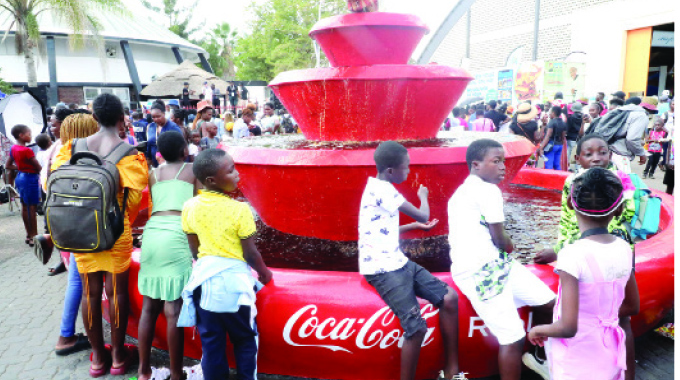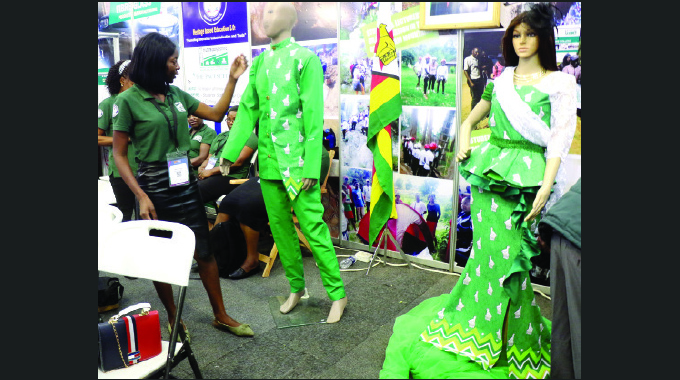Midlands crafters’ India tour yields fruitful results

Michael Magoronga, [email protected]
The recent tour of India by crafters from Midlands Province in February is proving to be a success, facilitating invaluable connections with international artists and establishing a burgeoning international customer base.
Craftsmen, including sculptors and handcrafters from Mberengwa, Gokwe, Zvishavane, and a dance ensemble from Kwekwe, proudly represented Zimbabwe during the Surujkund International Crafts Festival, held from February 2 to 18 in New Delhi.
While the Mbada Dance Ensemble captivated audiences with their traditional performances, the craftsmen showcased their products, which garnered significant interest and sales from international patrons, paving the way for crucial export opportunities.
Reward Shockson, the Midlands provincial arts programmes officer, hailed the cultural exchange programme as a global success, noting the enthusiasm of both dancers and craftsmen in learning from their international counterparts.
“Both the dancers and the crafters are thrilled to have had the opportunity to learn from others. One sculptor sold out all his products, while others saw the majority of their crafts purchased. It’s gratifying to witness such successful business engagement, and we eagerly anticipate our artists being able to export their products,” he said.
Shockson stressed the importance of continued support from government and civic organisations for the creative industry, urging increased investment to unlock its economic potential.
He highlighted the programme’s role in promoting the use of locally available and affordable materials, not only facilitating business exchanges but also showcasing Zimbabwe’s rich cultural heritage on the global stage.
“In addition to providing artists with the chance to exchange business strategies and refine their products to meet international standards, the event also highlighted the utilisation of affordable local resources to enhance selling points and stage performances,” he said.
The Zimbabwean team comprised 18 members, including an 11-member dance ensemble, four crafters representing various regions of the province and three officials. Notably, the team prioritised inclusivity by including individuals with disabilities and representing both rural and urban crafters, as the programme adhered to the mantra of “leaving no one and no place behind”.










Comments